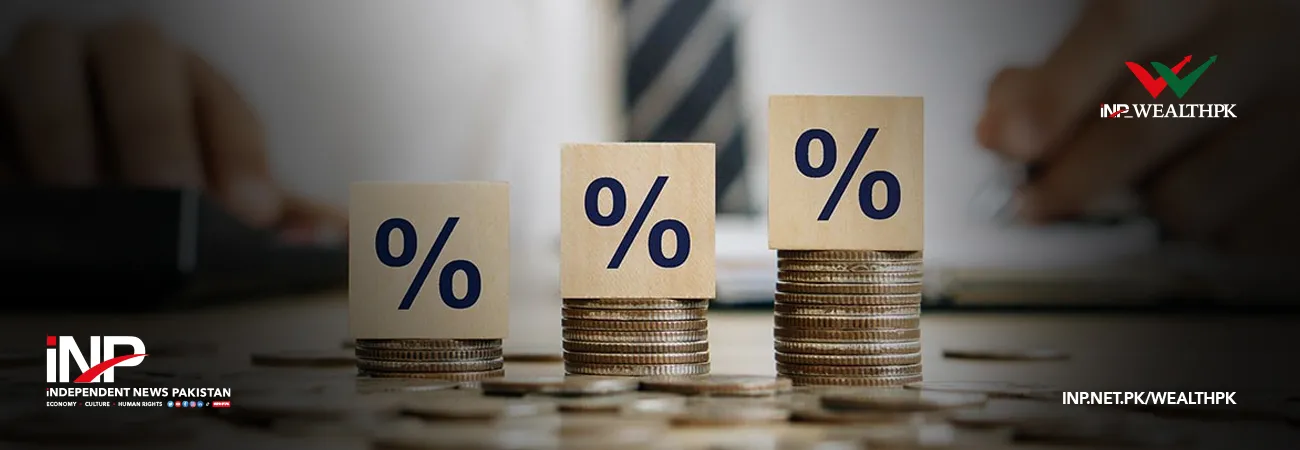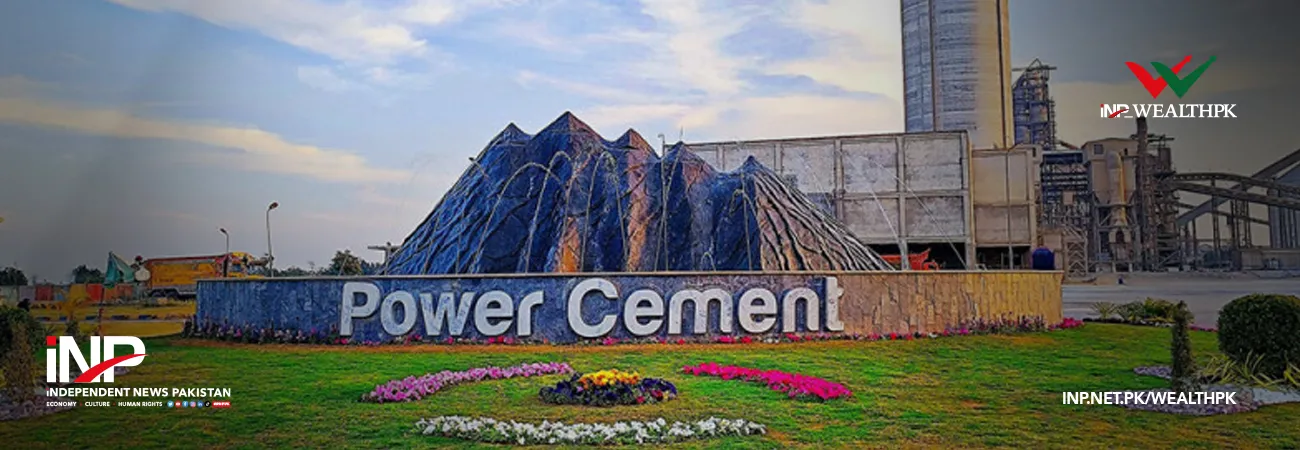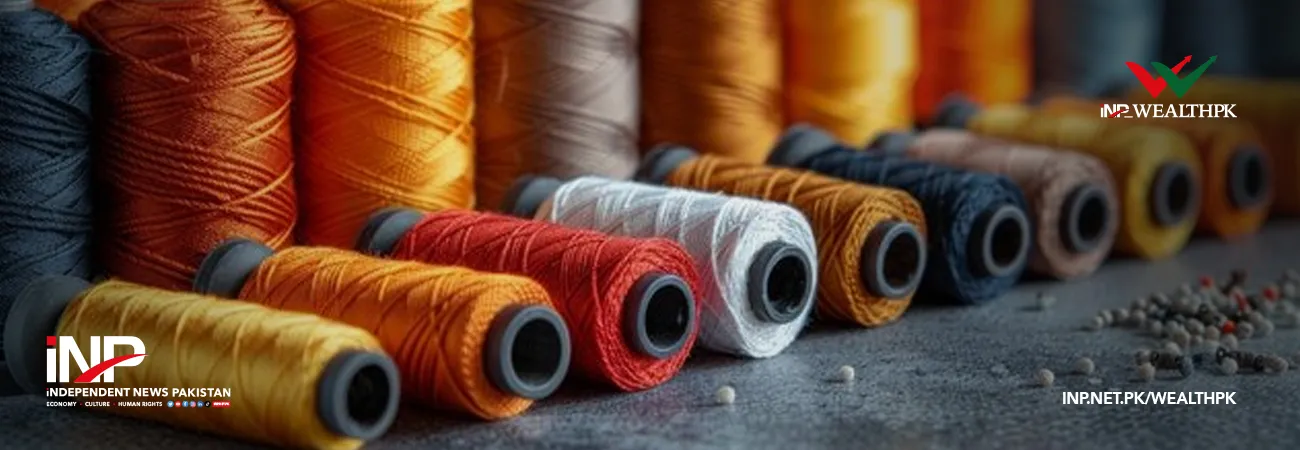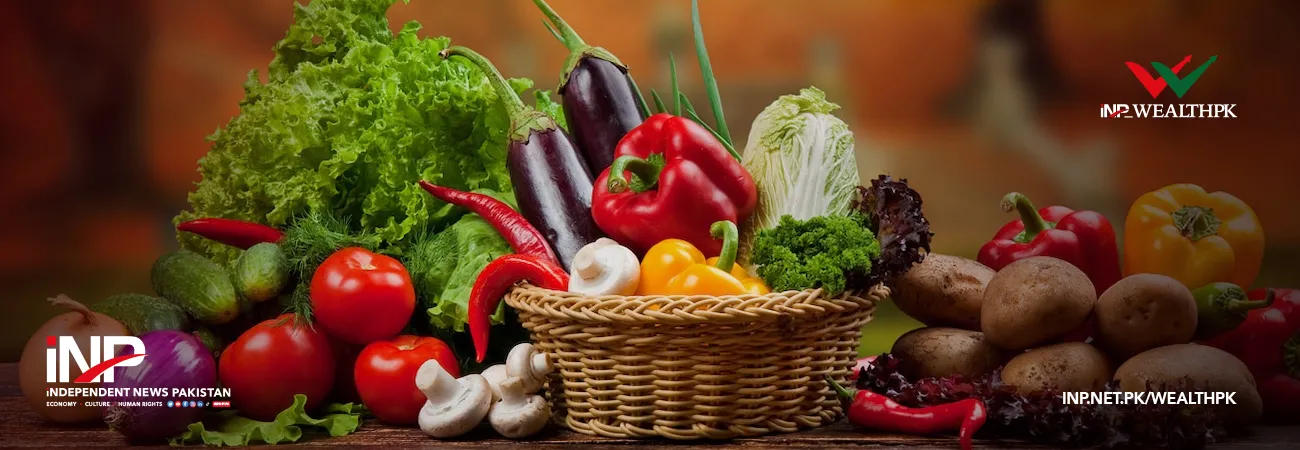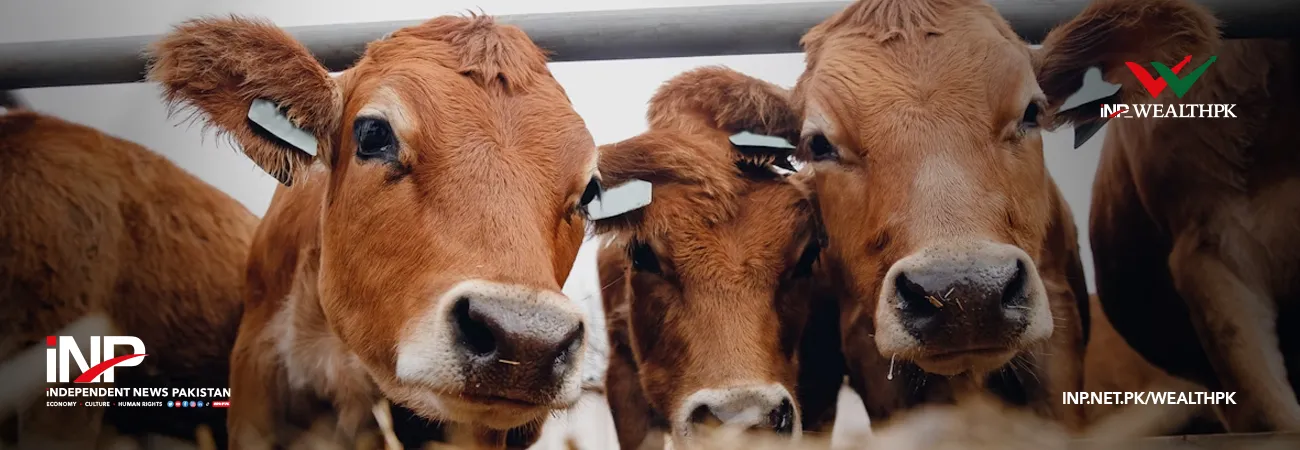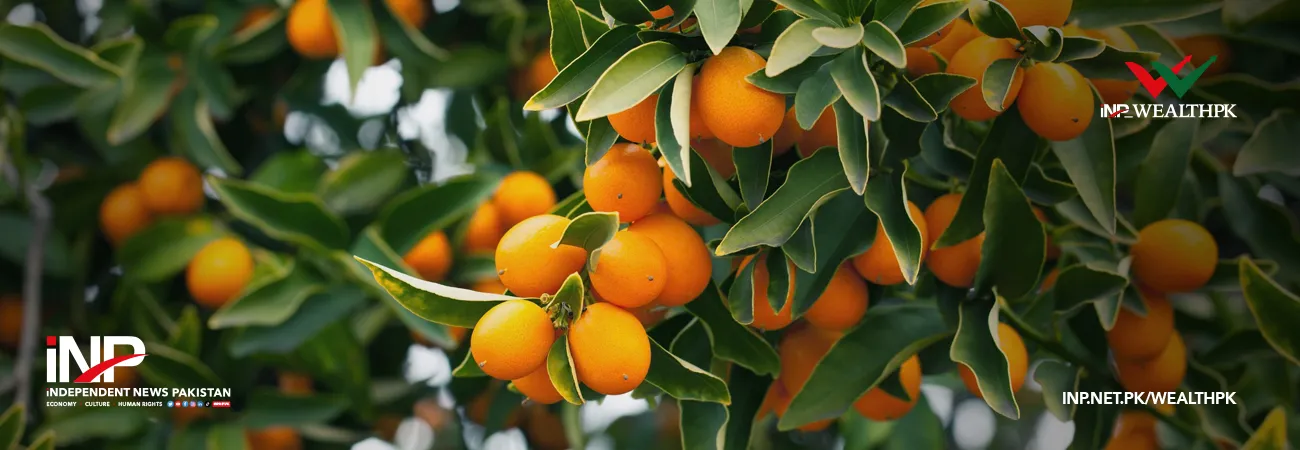INP-WealthPk
Moaaz Manzoor
The reduction in inflation and interest rates offers short-term relief, but addressing structural inefficiencies and fostering private sector growth through comprehensive reforms is essential for achieving long-term economic stability, reports WealthPK.
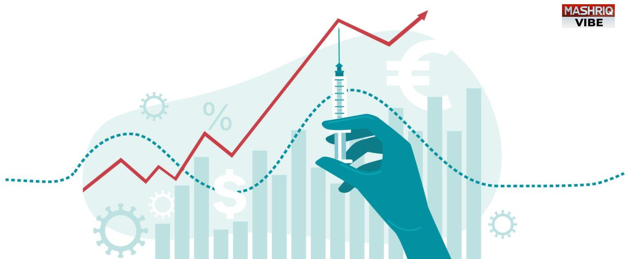
The December 2024 outlook report published by the Ministry of Finance shows a decrease in CPI inflation to 4.9% year-on-year in November 2024, down from 7.2% in October and 29.2% in November 2023. Month-on-month, inflation rose by 0.5% in November 2024, compared to 1.2% in October and 2.7% in November 2023. In response, the Monetary Policy Committee (MPC) cut the policy rate by 200 basis points to 13%, effective December 17, 2024, bringing the total reduction to 900 basis points since June.
This decision aligns with inflation expectations, reflects fiscal and external stability, and favourable global commodity conditions. Syed Ali Ehsan, Deputy Executive Director at the Policy Research Institute of Market Economy, told WealthPK that inflation is easing due to declining domestic demand. He noted, "The slowdown in the economy directly contributes to the drop in inflation.
The recent 200 basis points reduction in the monetary policy is expected to encourage more spending, particularly as private sector loans become more accessible." Ehsan expressed concern over the government's reliance on borrowing, which he believed could hinder the growth of the private sector. He stressed that the government should allow the private sector to lead in spending rather than absorbing the advantages of lower interest rates.
According to Ehsan, the full impact of these measures on the economy will likely unfold gradually, and their long-term effects on growth stability will depend on a balanced fiscal strategy and greater support for private sector development. Dr Nasir Iqbal, Head of the Macro Policy Lab at the Pakistan Institute of Development Economics, acknowledged the positive impact of the stable exchange rate over the past year but emphasised that inflation reduction does not equate to a significant drop in prices.
“A 4.9% inflation rate indicates that prices are still higher than last year, but the pace of price growth has slowed. This is a natural correction in the market rather than a policy-driven change,” Iqbal explained. He noted that the government’s current policies focus more on boosting investment than addressing the structural issues perpetuating high inflation. Without reforms aimed at improving the price mechanisms and stabilising supply-demand dynamics, Iqbal warned the improvements in inflation would not be sustainable.
He elaborated, "The government focuses on increasing investment, but this does not directly tackle inflation or long-term price control. A comprehensive overhaul of economic policies is essential for lasting economic stability," he added. His call for sustained policy measures reflects the need to shift from short-term fixes to long-term structural reforms. While the reduction in inflation and policy rate provides optimism for the short-term economic recovery, experts stressed the importance of addressing the underlying structural issues.
Without comprehensive reforms to stabilise prices and foster sustainable private sector growth, the positive trends may not lead to long-term economic stability. The government must shift its focus from short-term measures to sustainable, long-term economic strategies to ensure a balanced and thriving economy.
Credit: INP-WealthPk



